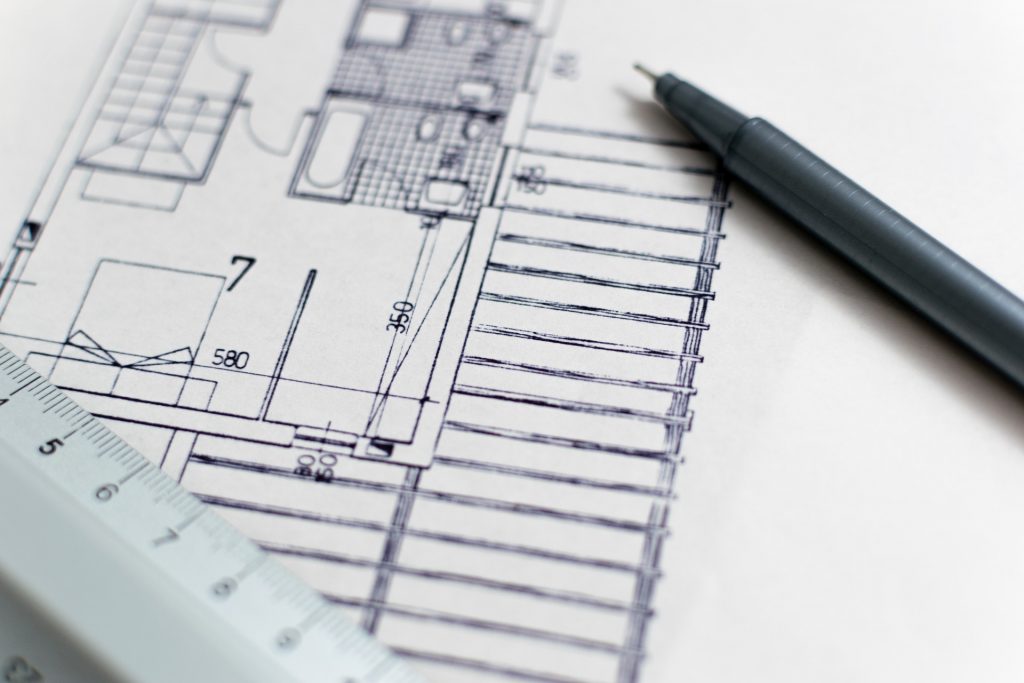You Have A Responsibility in This Process Too
The last two Weekly Solutions have been about the missing pieces of the etiquette puzzle, mostly from a business perspective. Today we are going to look at the customer’s responsibility in this.
The customer’s piece isn’t much different from that of the contractor’s.
Customer etiquette to the contractor:
- Clear vision of the finished project –

Know what you want. This is less about the specifics and more about what you hope to accomplish with the project. A good contractor will guide you through the process of turning your dream into a reality, but you need to know what that dream is.
- Clear communication –

All good relationships require input from everyone. This starts with clear communication. Be as clear as possible when you share your vision with your contractor. Find pictures of ideas, designs, finishes, color, etc. that you like and share them with your contractor.
- Ask questions –

If you don’t understand something about the project, ask. This is part of the communication process. Contractors aren’t mind readers. Because they do this work daily, they forget that the customer doesn’t. This can lead to unspoken assumptions by both parties.
- Share any specific requests –

If there are things that the contractor needs to be aware of while working on your project, i.e. parking, doors to use, thermostat settings, pet arrangements, etc. let your contractor know.
- Have the job site ready for work to begin –

Unless the agreement with your contractor includes moving furniture, decorations, etc. you should have this done before the crews show up to start work.
- Treat the contractor the way you want to be treated –

Just because you hired your contractor to do the work doesn’t mean they are machines or slaves. They are people just like you. Treat them with the respect that they deserve.
Last week I shared Stefaney Rants’ blog post, Construction Etiquette. In it she points out customer’s etiquette to neighbors.
- Inform your neighbors of what is being done and when. Give them a week’s notice (which is realistic since construction schedules are often hard to nail down) in the form of a letter or informing them in person.
- Let them know what portion of the property/house is having work done so the neighbors can prepare themselves. They might need to move their outdoor furniture because of traveling sawdust or can’t leave their pets outside with the loud noise from the equipment.
- Reassure them their parking spots won’t be blocked if possible and their landscaping won’t be trampled. It’s also a good idea to suggest they park their cars in their garage in case debris flies around.
- Offer to give them a tour when the construction is completed. Everyone loves a good before/after reveal!
I’d never thought about this. It makes sense, this is the way that I would like to be treated if I were your neighbor.

As a contractor I hadn’t thought much about the customer’s responsibility in this. I have always approached etiquette as it being my duty. It makes sense that we each approach things from our own point of view. Problems arise when we forget to consider other’s ideas, wishes and dreams.










